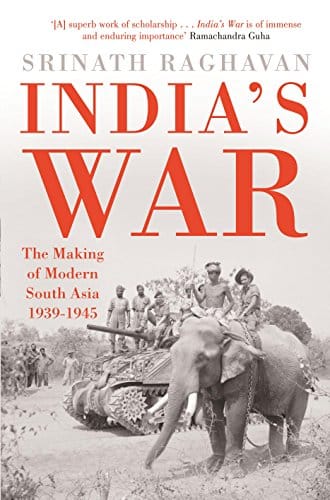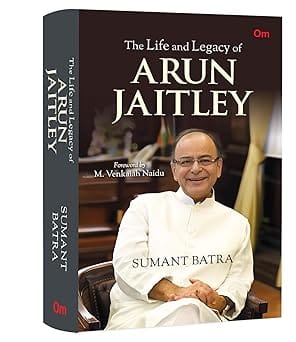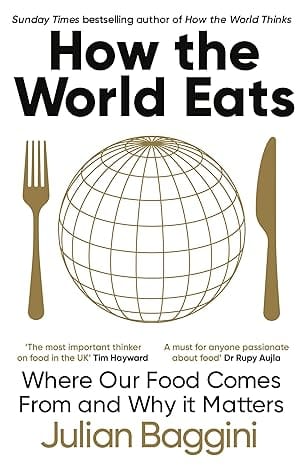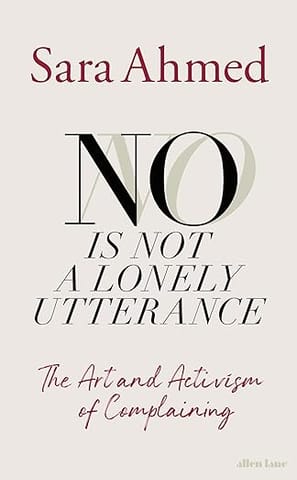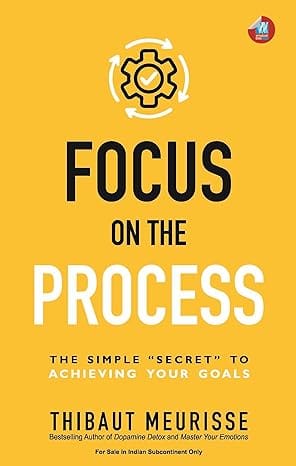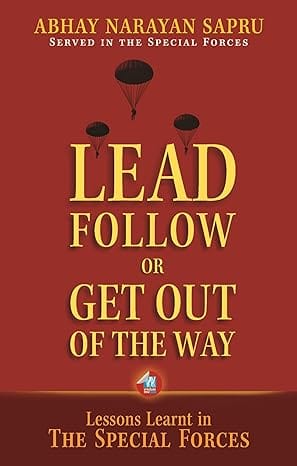WELCOME TO MIDLAND BOOK SHOP!
SHOP FOR
-
Non-ficton
- Non-ficton
-
Contemporary Fiction
- Contemporary Fiction
-
Children
- Children
-
Comics & Graphic Novels
- Comics & Graphic Novels
-
Non-Fiction
- Non-Fiction
-
Fiction
- Fiction
Shop No.20, Aurobindo Palace Market, Hauz Khas, Near Church +91 9818282497 | 011 26867121
110016
New Delhi
IN
Midland The Book Shop ™
Shop No.20, Aurobindo Palace Market, Hauz Khas, Near Church +91 9818282497 | 011 26867121
New Delhi,
IN
+919871604786
https://www.midlandbookshop.com/s/607fe93d7eafcac1f2c73ea4/69591829db7aed90e0608dfb/without-tag-line-480x480.png"
[email protected]
9780670086115
60ad0930f4c43e12171758d6
India's War
https://www.midlandbookshop.com/s/607fe93d7eafcac1f2c73ea4/60ad0932f4c43e1217175986/9780670086115-us.jpg
"Between 1939 and 1945 India underwent extraordinary and irreversible change. Hundreds of thousands of Indians suddenly found themselves in uniform, fighting in the Middle East, North and East Africa, Europe and—something simply never imagined—against a Japanese army poised to invade eastern India. By the war's end, the Indian Army had become the largest volunteer force in the conflict, consisting of 2.5 million men, while many millions more had offered their industrial, agricultural and military labour.
In India's War, historian Srinath Raghavan paints a compelling picture of battles abroad and of life on the home front, arguing that World War II is crucial to explaining how and why colonial rule ended in South Asia. The war forever altered the country's social landscape, and when the dust settled, India had emerged as a major Asian power with her feet set firmly on the path toward Independence.
From Gandhi's early support of Britain's war efforts to the crucial Burma Campaign, Raghavan's authoritative and vivid account shows how India's economy, politics and people were forever transformed, laying the groundwork for the emergence of modern South Asia.
"
9780670086115
out of stock
INR
559
1
1
Email ID already exists!
Your Current password is incorrect
Password Updated Successfully
Thanks for your Feedback
- Home
- Non-Fiction
- India's War
India's War
ISBN:
9780670086115
₹559
₹699
(20% OFF)
SIZE GUIDE
Back In Stock Shortly - Fill The Book Request Form
Sold By:
Hauz Khas - Aurobindo Market
Details
- ISBN: 9780670086115
- Author: Srinath Raghavan
- Publisher: Penguin
- Pages: 550
- Format: Hardback
Book Description
"Between 1939 and 1945 India underwent extraordinary and irreversible change. Hundreds of thousands of Indians suddenly found themselves in uniform, fighting in the Middle East, North and East Africa, Europe and—something simply never imagined—against a Japanese army poised to invade eastern India. By the war's end, the Indian Army had become the largest volunteer force in the conflict, consisting of 2.5 million men, while many millions more had offered their industrial, agricultural and military labour.
In India's War, historian Srinath Raghavan paints a compelling picture of battles abroad and of life on the home front, arguing that World War II is crucial to explaining how and why colonial rule ended in South Asia. The war forever altered the country's social landscape, and when the dust settled, India had emerged as a major Asian power with her feet set firmly on the path toward Independence.
From Gandhi's early support of Britain's war efforts to the crucial Burma Campaign, Raghavan's authoritative and vivid account shows how India's economy, politics and people were forever transformed, laying the groundwork for the emergence of modern South Asia.
"
User reviews
NEWSLETTER
Subscribe to get Email Updates!
Thanks for subscribing.
Your response has been recorded.

India's Iconic & Independent Book Store offering a vast selection of books across a variety of genres Since 1978.
"We Believe In The Power of Books" Our mission is to make books accessible to everyone, and to cultivate a culture of reading and learning. We strive to provide a wide range of books, from classic literature, sci-fi and fantasy, to graphic novels, biographies and self-help books, so that everyone can find something to read.
Whether you’re looking for your next great read, a gift for someone special, or just browsing, Midland is here to make your book-buying experience easy and enjoyable.
We are shipping pan India and across the world.
For Bulk Order / Corporate Gifting
 +91 9818282497 |
+91 9818282497 |  [email protected]
[email protected]
Click To Know More
INFORMATION
POLICIES
ACCOUNT
QUICK LINKS
ADDRESS
Midland Book Shop - Hauz Khas
Shop No.20, Aurobindo Palace Market, Near Church, New Delhi
Shop No.20, Aurobindo Palace Market, Near Church, New Delhi

